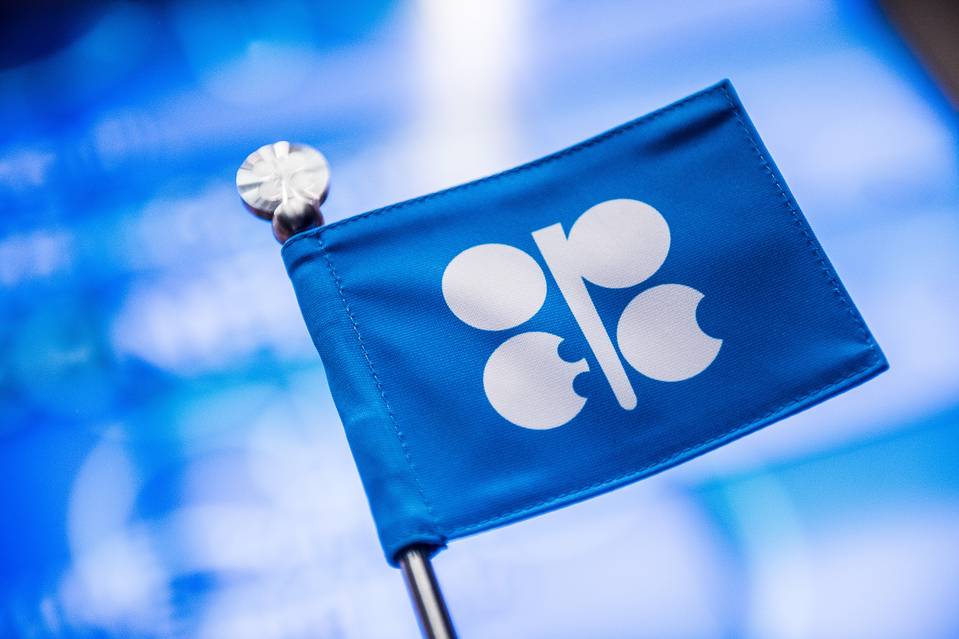
OpeOluwani Akintayo
Lagos — The Organization of Petroleum Exporting Countries, OPEC has raised Nigeria’s crude oil production quota from the 1.735 million barrels per day target approved in April 2022 to 1.753 million barrels per day for May 2022.
The quota was increased on Thursday at its 27th OPEC and non-OPEC Ministerial Meeting, according to a statement from the organisation.
Nigeria has been unable to meet its targets even before the raise.
“Following the conclusion of the 27th OPEC and non-OPEC Ministerial Meeting, held via videoconference on March 31, 2022, it was noted that continuing oil market fundamentals and the consensus on the outlook pointed to a well-balanced market and that current volatility is not caused by fundamentals, but by ongoing geopolitical developments,” the organisation stated.
The development comes on the heels of a 7 million per day loss recorded by the Organization due to the Russian/Ukraine war.
Sanusi Barkindo, Secretary-General for OPEC had disclosed at the 61st meeting of the Joint Technical Committee, that the potential loss of Russian oil and other liquids exports (around seven percent of current global demand), either through sanctions or voluntary actions, is already having major repercussions on energy markets.
“No matter how you crunch the numbers, there is simply no way to make up for a loss in volumes of this magnitude given the current demand outlook,” he said.
He noted that the last major supply disruption of this size, 5.6 million barrels/day, occurred in 1978 and 1979 during the Iranian Revolution.
“At that time the spare production capacity was nine million barrels/day, nearly three times OPEC-10’s current levels of around 3.3 million barrels/day,” he said.
The OPEC scribe added, “Other gross peak supply losses during the last six decades were within the range of 1.5 to 4.3 mIllion barrels/day. During the Iran-Iraq war in 1980-1981, for instance, it reached 4.1 million barrels/day, and in 1990-1991, during the invasion of Kuwait, the loss amounted to 4.3 million barrels/day.”
Brent, the crude against which Nigeria’s oil is priced, crashed to $105.66 per barrel at 10:48AM Nigerian Time Friday after hitting $114/barrel in March.
Nigeria is a strong member of OPEC.
Barkindo said, “Today, we are also confronting a war in Ukraine whose far-reaching consequences could reshape the geopolitical landscape as well as world order itself.
“This conflict has also compounded the uncertainties related to the pandemic by stoking economic volatility and further elevating risk premiums for oil and other essential commodities, given that both Ukraine and the Russian federation are key global exporters, including of essential agricultural goods.
Barkindo told the meeting that the leading international organisations and institutions came together in the early days of the COVID-19 pandemic to endorse efforts to stabilise the energy markets.
“This high level of cooperation provided pivotal support to the collective efforts undertaken by our Declaration of Cooperation participating countries”, he said.
He urged global leaders to follow this example of multilateralism and once again ensure an unhindered, stable and secure flow of energy to the whole world.
Follow us on twitter



